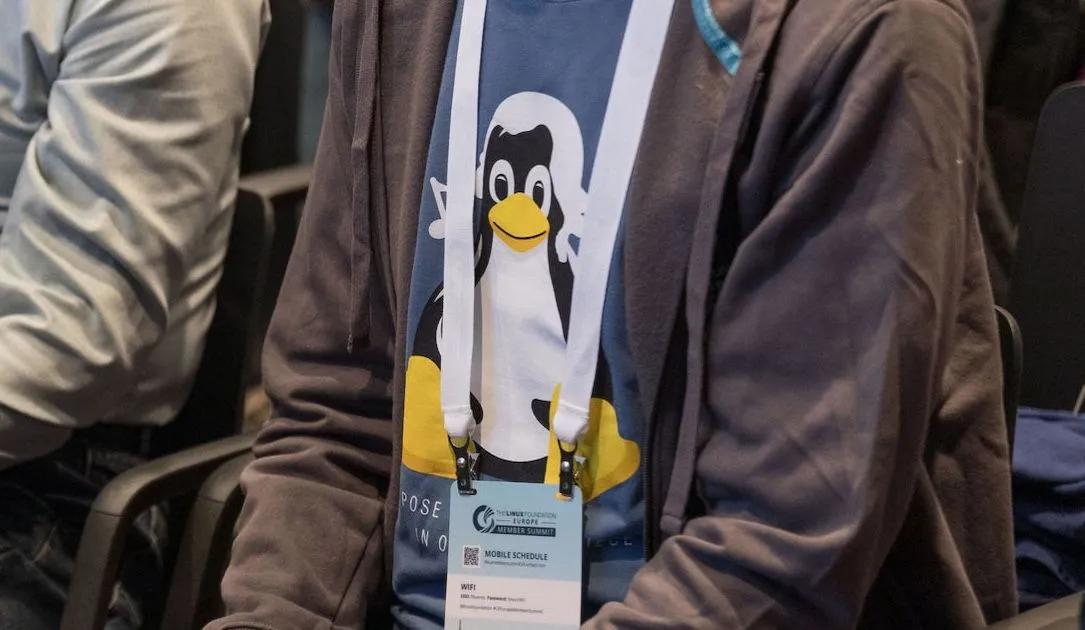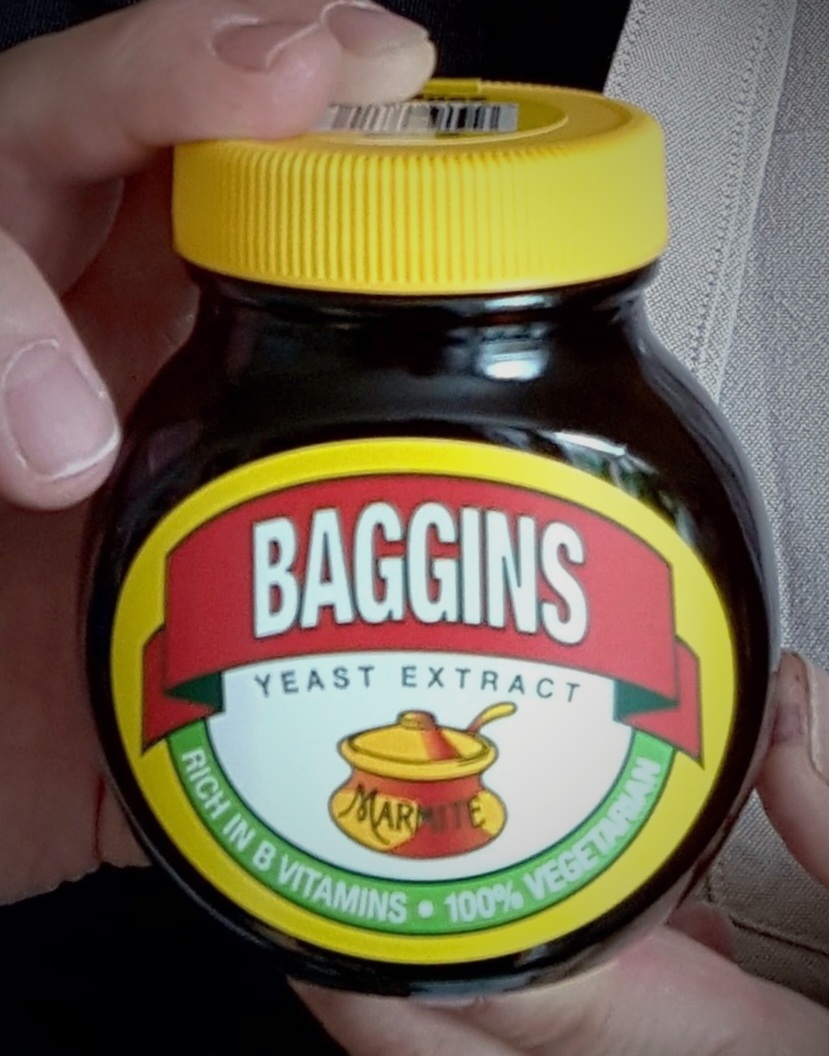More options is good for everyone
It’s like exactly what I said they would do after the original news of the bans from the other day. And I got downvoted for it. Lol
That’s because they’re not going to actually do it.
you can’t know that
It’s almost certain that they will be doing it and that Chinese will join in because they’re the obvious next target.
We’ll build our own Linux, with blackjack and hookers!
Dammit, I was a day late on making this joke. Filthy Bagginses.
* fascism and no human rights
The country that Linux is domiciled in currently (US), has slave labor camps:
- The US currently operates a system of slave labor camps, including at least 54 prison farms involved in agricultural slave labor. Outside of agricultural slavery, Federal Prison Industries operates a multi-billion dollar industry with ~ 52 prison factories , where prisoners produce furniture, clothing, circuit boards, products for the military, computer aided design services, call center support for private companies. 1, 2, 3
It also has the highest prisoner population in the world both by capita and total.
Russia’s prison rates don’t even come close to the majority of US states, including even California.
Yeah, the USA is shit, in a lot of ways. And it’s steering towards being like russia. Still, russia is worse in terms of overall human rights.
Russia would need a hundred years more of existence to even come close to the amount of atrocities the US has and continues to commit.
with blackjack and hookers
They haven’t been removed from the community though — just the maintainers list. Now they need someone else’s review to commit code to the kernel.
Personally, I think even maintainers should be required to have that — you can be the committer for pre-reviewed code from others, but not just be able to check anything you want in, no matter your reputation (even if you’re Linus). That way a security breach is less likely to cause havoc.
I find that difficult. Aside from code reviews, often times your job as a maintainer is:
- getting a refactor or code cleanup in while everyone’s asleep
- shuffling commits around between branches
- fixing the CI toolchain
- rolling back or repairing a broken change
- unfucking the repo
- fixing a security vulnerability
A required review slows all of these tasks to a crawl. I do agree that the kernel is important enough that it might be worth the trade-off.
But at the same, I do not feel like I could do my (non-kernel) maintainer job without direct commit access…I feel your pain. I have maintainer roles for a few projects where things could be slowed down by a week or more if I didn’t have direct commit access. And I do use that access to make things run faster and smoother, and am able to step in and just get something fixed up and committed while everyone else is asleep. But. For security critical code paths, I’ve come to realize that much like Debian, sometimes slow and secure IS better, even if it doesn’t feel like it in the moment (like when you’re trying to commit and deploy a critical security patch already being exploited in the wild, and NOBODY is around to do the review, or there’s something upstream that needs to be fixed before your job can go out).
The possibilities for naming their distro are endless…
Will we finally get the “Putinix” distribution that mines cryptocurrency for the regime by default? It will have to be a new coin called “RuOil”
Especially, because they can chose existing names as there is no Copyright in Russia (afaik, probably a wrong myth but idk)
No there was copyright, it was only relatively enforced between 2000-2015 ish. And then probably only in tourist heavy areas. In the olden days you could find any soft on “black markets” in open stalls
Gl with thst vro
This joke hasn’t aged well. I took it as is and just assumed the Dad put together a micro PC with a PS2 emulator on it, and then I stared at the article for 5 minutes looking for the punchline.
Exactly I fully expect Russia to continue cutting edge early 2000s os development
The joke still works fine, just replace PS2 with PS5 in your head.
True
Good for them.
Should be interesting, perhaps the Russian fork will become even more successful than the canonical.
Yeah, I wonder which one I’ll choose.
whichever one NSA tells you to use
the country doing the most cyber attacks wants to do its own linux forks. what could possibly go wrong
For sure, stuxnet is just the beginning, who knows what the US will subject the world to next.
At first I thought you meant it’d be a bad fork, but then I realise you meant it’d be a bad fork.
As long as it’s open source and vetted by the public, I don’t see how it could go bad tbh
It won’t be open source. Who’s gonna sue Russia for license violation?
then it wont be linux, but a shittily maintained private copy that will fall out of disuse quickly unless they merge all upstream changes without too much oversight (in which case, why bother?) to keep feature parity
Wait US is also forking Linux?














